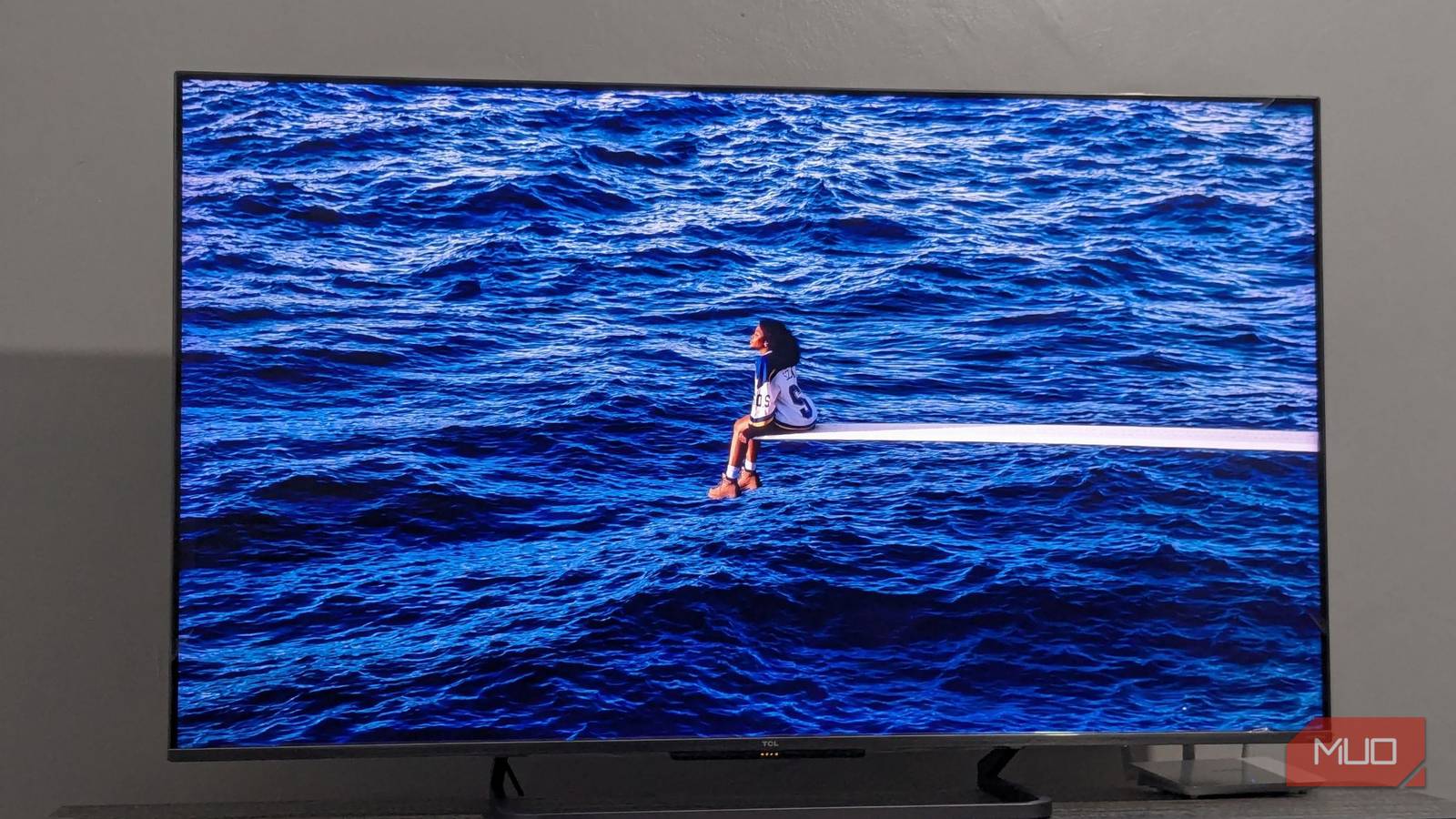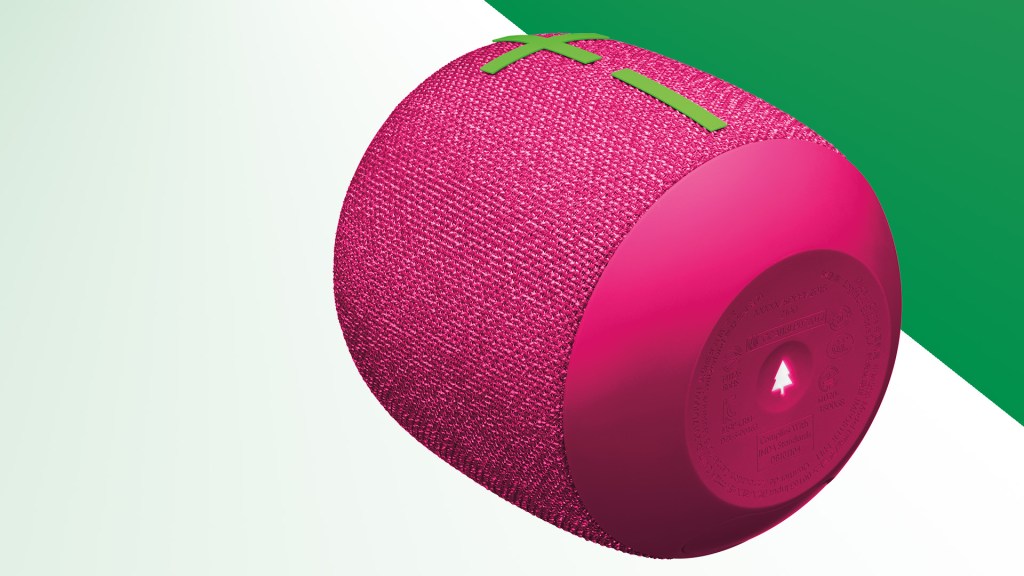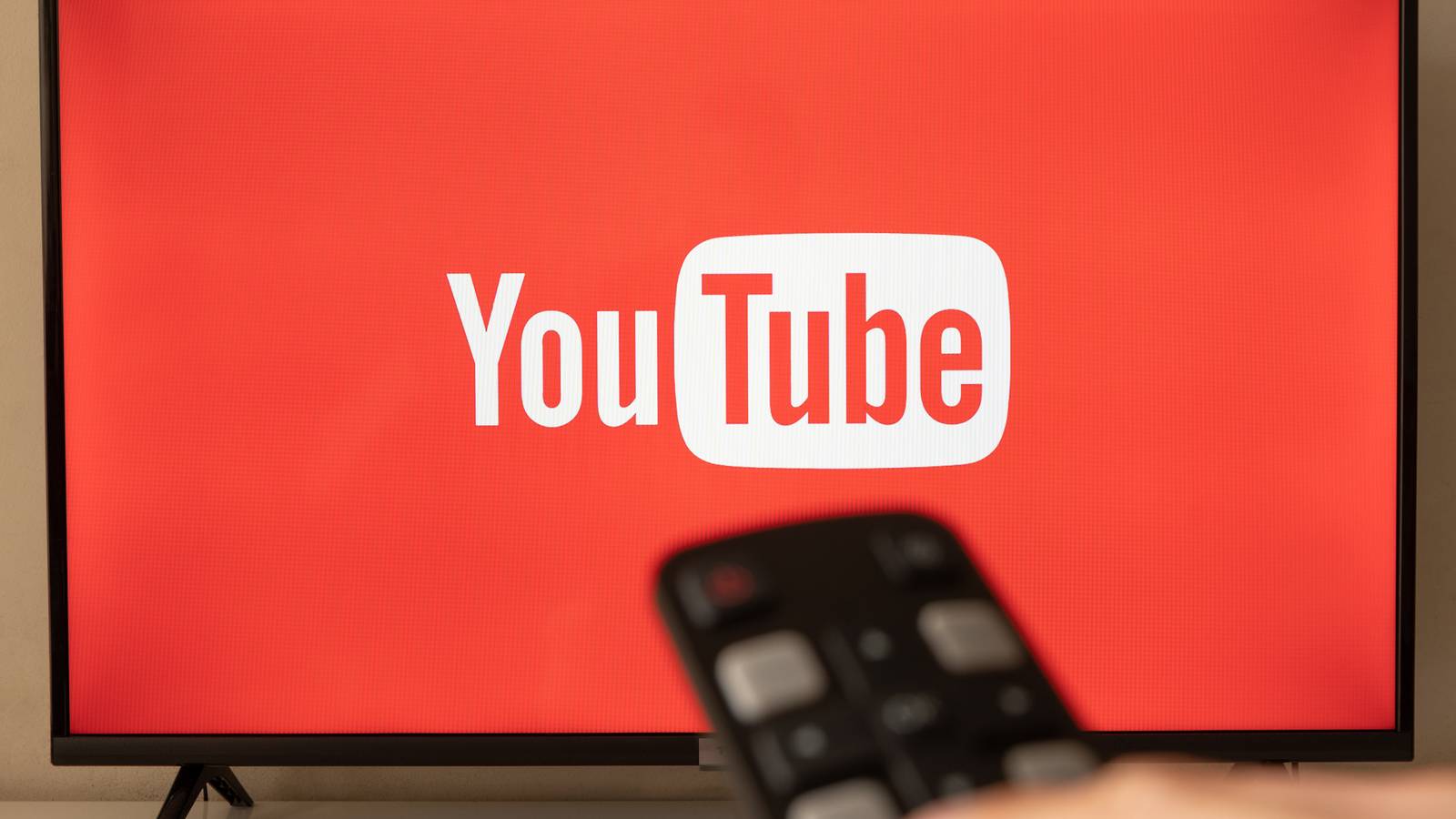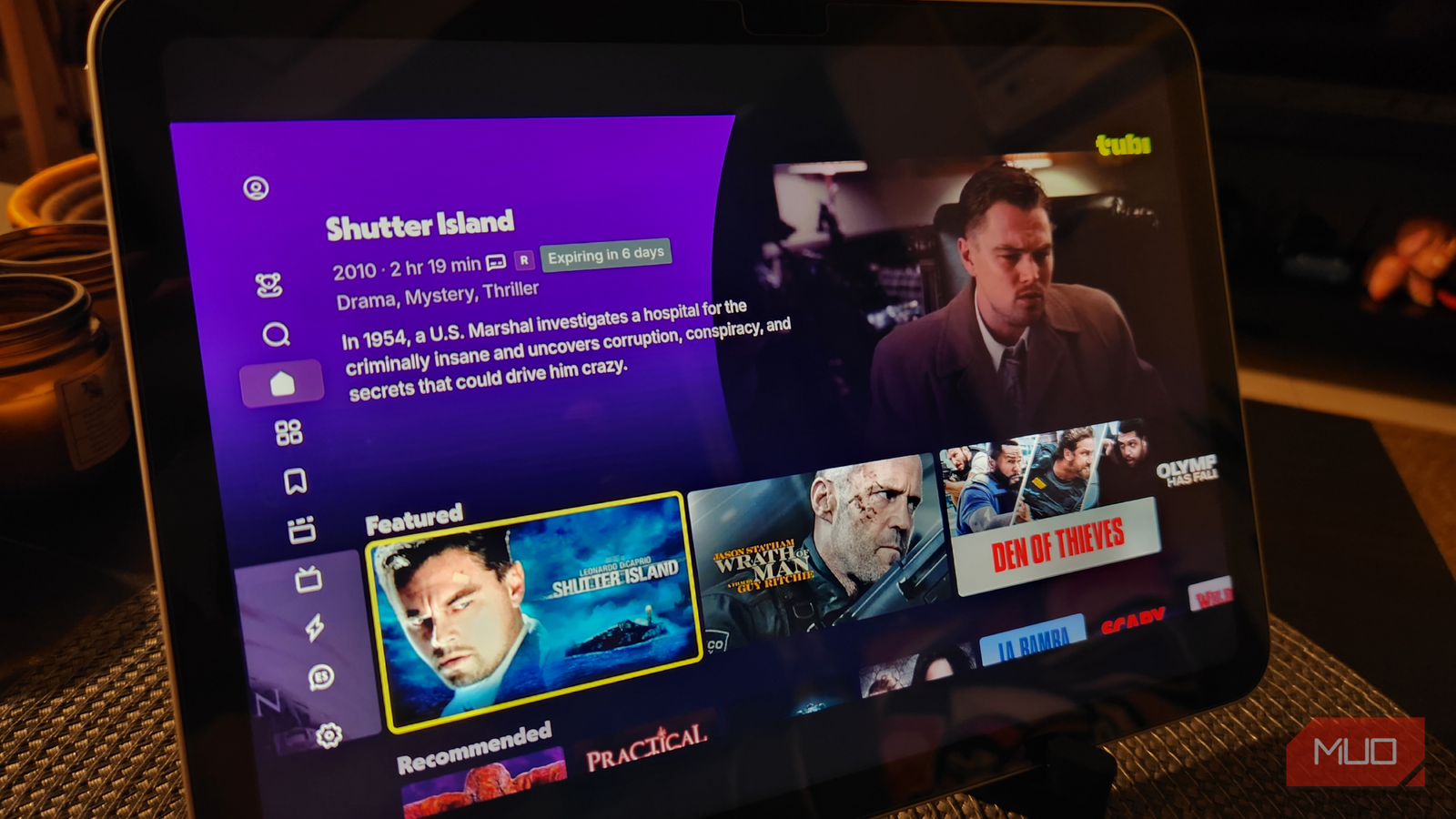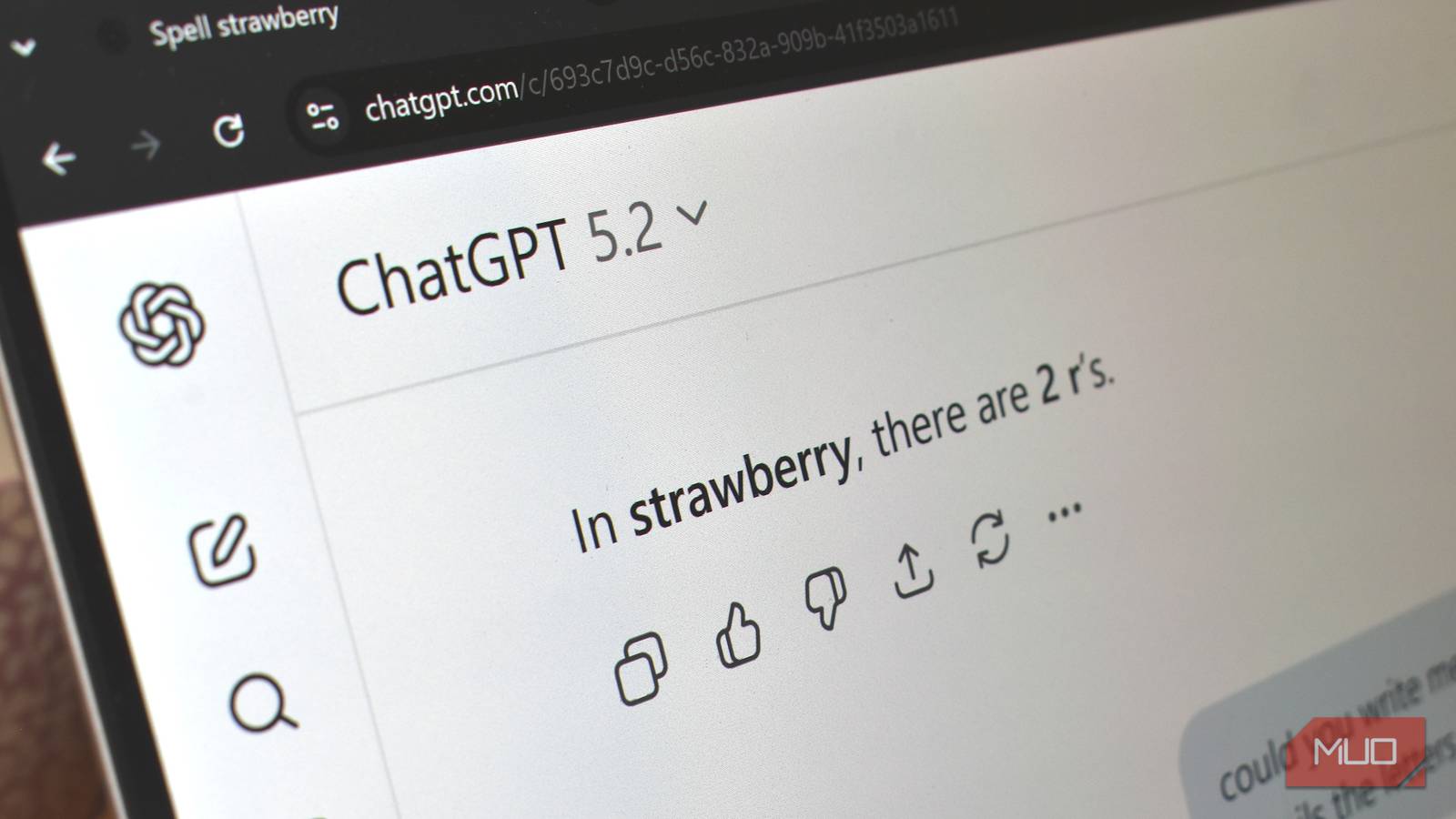Once upon a time, tens of millions of people gathered around their TVs every night to watch network television. Then cable came along, and the market fragmented. Then came the streaming revolution, which further fragmented it. Now things are starting to recombine, as the experiences previously offered by network, cable, and streaming TV are increasingly happening in one place: YouTube.
YouTube is becoming the dominant entertainment platform of our age, and I’m not just saying that based on vibes. According to The Hollywood Reporter, YouTube is the streaming platform people most often watch on their TVs, something we’ve all found ourselves doing more and more. Netflix comes in second with 8.7%.
The truth is that YouTube has already absorbed much of what used to be territory reserved for traditional TV, and it’s just getting started.
YouTube has already taken over parts of traditional TV
Watching talk shows? Nah. Watching clips from talk shows on YouTube? Sure.
In September, Jimmy Kimmel Live! was pulled off the air after Kimmel made an off-color joke about Charlie Kirk. That inspired a ton of discussion, and when Kimmel returned a few days later, his comeback episode was watched by 6.5 million same-day viewers, an enormous number for ABC. The YouTube version of the video quickly racked up 22 million views.
The number of people who watch late-night talk shows as they air has been declining for years, even as many clips from those shows go viral on YouTube the next day. And it makes perfect sense: why would you go to the trouble of making sure you were in front of the TV at a certain time on a certain day when you can just watch the good bits at your convenience?
Over the long run, that could mean late-night network talk shows will simply go away. Consider the cancellation of The Late Show with Stephen Colbert earlier this year; there are no plans to replace him with anyone, because what would be the point? YouTube already provides people with all the talking-head content they could want, for any niche they can imagine; big-name stars once eager to get on late-night shows now skip them for popular YouTube series. Podcasts are basically the talk shows of the 21st century, and YouTube is the number one place where people watch or listen to podcasts, even over titans like Spotify and Apple Podcasts.
When it comes to talk shows, YouTube has already won. It’s also the go-to place for a lot of simple reality content. Think about the kinds of chef-centered programming people used to gobble up on the Food Network; now you can just find your favorite cooking YouTuber, boot up the playlist, and let it rip. And YouTube is currently setting its sights on another live TV stronghold.
YouTube is coming for live sports
The NFL is already working with YouTube
As with talk shows, clips from football, basketball, and baseball games regularly go viral on YouTube, but people are still gathering to watch the live games themselves, which air in all kinds of different places. YouTube would prefer that live sports games air exclusively on the service.
YouTube is already making inroads here. It pays the NFL $2 billion annually for NFL Sunday Ticket, a subscription service that lets fans watch Sunday afternoon NFL games not shown on local broadcasts in their area. YouTube is cutting out a pretty specific piece of the live sports pie with that deal, but when the pie is this huge, even a sliver is filling.
Obviously, YouTube hopes that’s just the beginning, but it will have to fight other networks and streaming services that jealously guard their biggest draws. Everyone knows how valuable live sports are. Recently, Apple bought the rights to air live Formula 1 races from under YouTube. So that’s one battle lost, but the war wages on, and YouTube seems well-positioned to win it.
YouTube has yet to have a big hit scripted show
Successful shows that started on YouTube didn’t stay there
If there’s one province of traditional TV that YouTube may struggle to capture, it’s high-quality scripted shows. There are scripted shows on YouTube, of course, but nothing that’s made the cultural impact of Game of Thrones, Ted Lasso, or Stranger Things, which is returning for its final season on Netflix this year to much hype, despite the long wait.
And it doesn’t seem like YouTube is set up for that kind of success. Most of the content on the platform comes from individual creators who have to foot the bill for content—scripted or otherwise—themselves. YouTube can’t make the next Stranger Things because it would never invest that much in even a popular creator’s show idea.
And even when it tries, it doesn’t really work. For a while, YouTube tried making traditional TV shows under its YouTube Originals banner. The most successful show to come out of the endeavor was the martial arts drama Cobra Kai, which only took off once it migrated to Netflix, a platform where people are used to watching traditional scripted content.
This problem extends to some big-budget reality content, too. MrBeast, the biggest YouTuber to ever walk the Earth, regularly spends millions on his own videos, but when it came time to make his competition show Beast Games, he turned to Amazon, because they have the money and infrastructure to help him pull that kind of thing off.
Don’t bet against YouTube
I also think it would be strange to watch a high-quality prestige drama on a place like YouTube, where it’s served up alongside cute cat videos and makeup vlogs. It feels better to watch it on a place like HBO Max, a streaming service with a lot of quality stuff on offer, where content is carefully curated.
So that’s an issue that goes into the structure of the YouTube experience itself, which is why it could be tricky for YouTube to gain a foothold there. In live sports, ultimately, the people with the most money and connections will win, and YouTube has plenty of both.
But there’s no reason to believe YouTube couldn’t make a change that would one day make it the perfect place for scripted dramas. It would just require some creativity, and as a platform that depends on its millions of users to come up with new ways to make and market content, it has no shortage of that.


